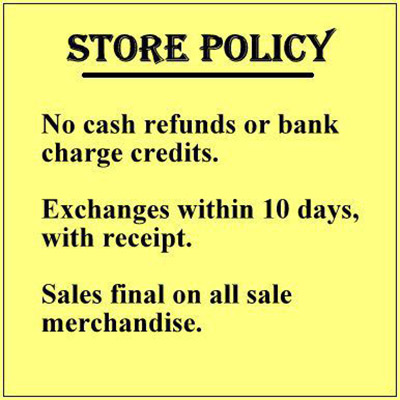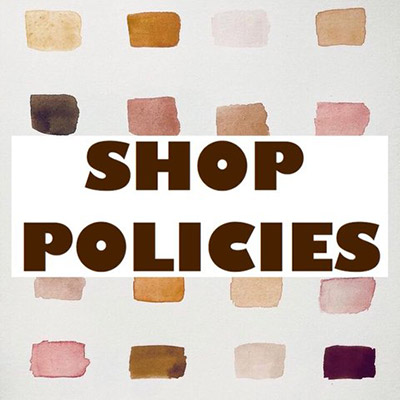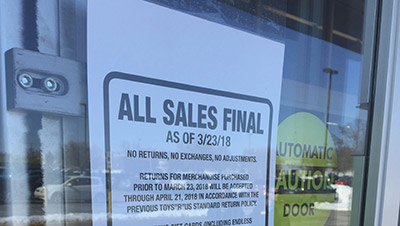You probably already seen some local stores and even online stores that state that all sales are final. The truth is that there are some cases where returns and refunds aren’t simply appropriate. Some of the most common examples included in this all sales final policy list include used products, clearance sales, and custom merchandise.

Discover everything you need to know about return policies.
One of the things that you need to understand is that even though you may state that all sales final policy, you still need to follow the laws of the country where you are located.
Understanding The All Sales Final Policy
The all sales final policy is a very limited refund or return policy. These type of policy is used by many retailers when they are selling products that are defective but alert customers to this issue, when they are selling the products at a loss such as when they have a clearance sale, or even in custom products.

When a retailer states that all sales are final, this means that you won’t be able to return the products or ask for a refund. Nevertheless, it is important that you know that even in this case, if the product is defective, you may have a different solution depending on where you live.
Discover the best return policy for small businesses.
All Sales Final Policy In The United States
These policies are not prohibited under any state or federal law. However, retailers need to ensure that the policy is in writing and clear. If you comply with this, you will only need to accept a return or refund when the product is defective.

In case you have an online store, the all sales final policy needs to be also clear and placed in a visible place on your website.
While retailers many times have big signs posted at cash registers, in the case of online shops, you should consider using more colorful and larger fonts to catch the attention of your customers and visitors.
Make sure to avoid these return policy mistakes.
All Sales Final Policy In The United Kingdom
In the UK, all sales final policies are allowed because a return policy isn’t required. In case this is what you want to do either in your local store or online store, then you need to clearly communicate the limits to your customers. You can do so by having a sign in your store or a clear policy on your website.

One thing that you need to keep in mind is that even if you follow all these rules, you will still need to make returns or refunds when:
– the product doesn’t match the description
– the product is defective
– the product doesn’t perform as described.
Notice that when you have an all sales final policy in place and a customer bought clothing that doesn’t fit or if he changes his mind, you can enforce your all sales final policy.
Take a look at the best practices for handling returns.
All Sales Final Policy In Australia
In Australia, you can’t enforce all sales final policy in all cases. Just like in the UK, you can maintain the all sales final policy unless the product has defects or problems.
Notice that even when you are selling products at a loss, you will also need to offer replacement or repair.